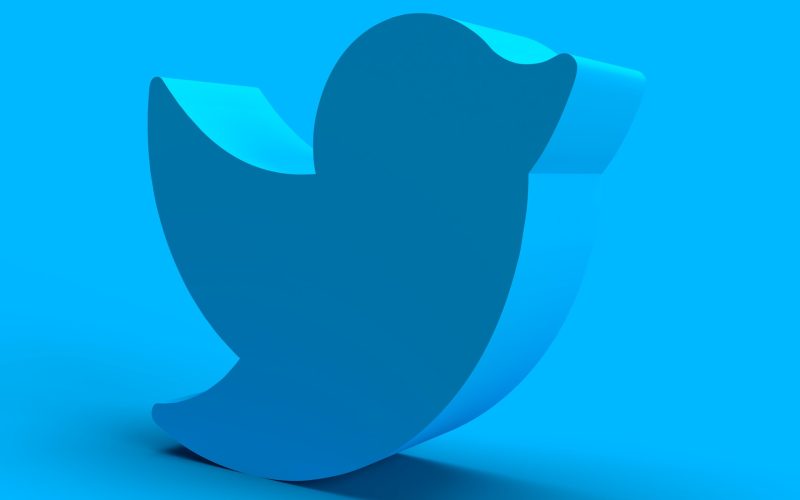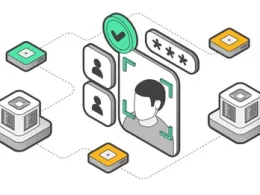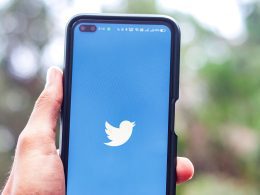In a battle for social media supremacy, Disney and Florida Governor Ron DeSantis found themselves embroiled in a fierce competition for Twitter fame. The clash unfolded as Disney’s advertisements collided with DeSantis’s political messaging, igniting a tweet war that captivated audiences and underscored the growing intersection between entertainment and politics in the digital age. Join us as we delve into the details of this social media spectacle and explore its implications for the power dynamics between corporations and political figures.
It all began when Disney launched a series of advertisements designed to promote its latest streaming offerings. The ads were carefully crafted to tap into the nostalgia and enchantment associated with Disney’s iconic characters and beloved franchises. However, what followed was an unexpected turn of events as Governor Ron DeSantis took to Twitter to seize the spotlight from the entertainment giant.
DeSantis, known for his conservative stance and ability to capture attention through social media, criticized Disney for what he perceived as an endorsement of progressive values. In a flurry of tweets, he accused the company of pushing a liberal agenda through its advertisements, effectively challenging Disney’s branding and messaging strategy. The Governor’s tweets gained significant traction, resonating with his supporters and sparking a fervent debate on the platform.
Disney, no stranger to managing its brand image, swiftly responded to DeSantis’s critique. The company defended its advertisements, emphasizing their inclusivity and their appeal to a diverse audience. Disney stood firm in its commitment to storytelling and imagination, asserting that its content should be enjoyed by people from all walks of life. The corporation’s response further fueled the fire of the tweet war, drawing more attention to the clash between the entertainment giant and the influential political figure.
This clash between Disney’s ads and DeSantis’s tweets exemplifies the evolving landscape of corporate influence and political engagement. In an era where brands increasingly express their social and political stances, they become susceptible to scrutiny and criticism from political figures. The clash between Disney and DeSantis highlights the potential for corporate advertisements to become battlegrounds for political ideology, as each side sought to assert its values and resonate with its respective audience.
Social media, particularly Twitter, played a pivotal role in intensifying the tweet war. With its rapid dissemination and amplification capabilities, the platform served as the battlefield for this digital duel. Supporters and critics of both Disney and DeSantis flocked to Twitter, engaging in passionate debates and fueling the polarization that characterizes contemporary political discourse. The clash between entertainment and politics played out in real-time, with each tweet serving as a salvo in a battle for attention and influence.
Beyond the immediate confrontation, this tweet war raises questions about the role of corporations in the political sphere and the power dynamics between brands and political figures. As companies express their values and align with social causes, they find themselves entangled in political narratives and subject to public scrutiny. Disney’s clash with DeSantis highlights the need for corporations to carefully navigate the politically charged landscape, ensuring they strike a balance between expressing their values and catering to their diverse consumer base.
Governor Ron DeSantis, a master of social media engagement, skillfully utilized the clash with Disney to amplify his own political messaging and rally his supporters. By positioning himself as a defender of conservative principles against a perceived progressive agenda, he capitalized on the clash to further his own brand and gain national attention. DeSantis’s engagement in the tweet war demonstrated the power of social media in shaping public opinion and bolstering political narratives.
The tweet war between Disney and DeSantis underscores the changing dynamics of the media landscape, where social platforms play a crucial role in shaping public discourse and political debates. It highlights the need for corporations to anticipate the potential consequences of their actions and communications, as their advertisements can inadvertently become lightning rods for political conflicts. Additionally, it showcases the ability of political figures to utilize social media to directly engage with corporations, placing pressure on them to respond and potentially altering public perception.
In conclusion, the clash between Disney’s advertisements and Governor Ron DeSantis’s tweets epitomizes the intense competition for Twitter fame in the modern era. This tweet war reflects the growing intersection between entertainment and politics, as corporations express their values and political figures leverage their influence on social media platforms. It underscores the power of Twitter in shaping public discourse and highlights the challenges faced by corporations as they navigate a politically charged environment. As the lines between entertainment, business, and politics continue to blur, these clashes are likely to become more frequent, further shaping the landscape of public discourse in the digital age.












